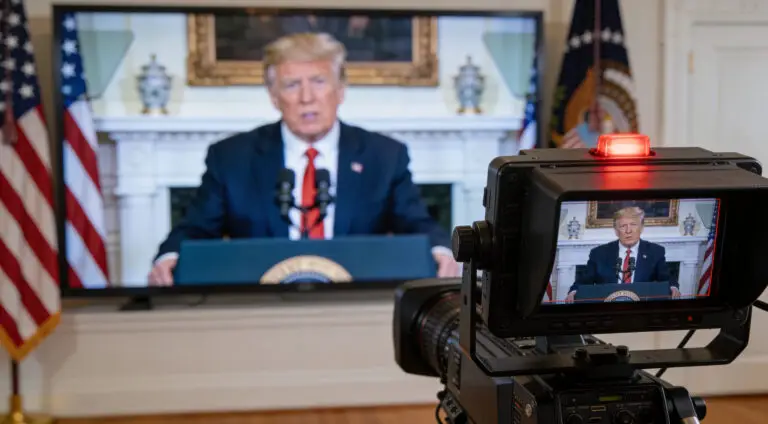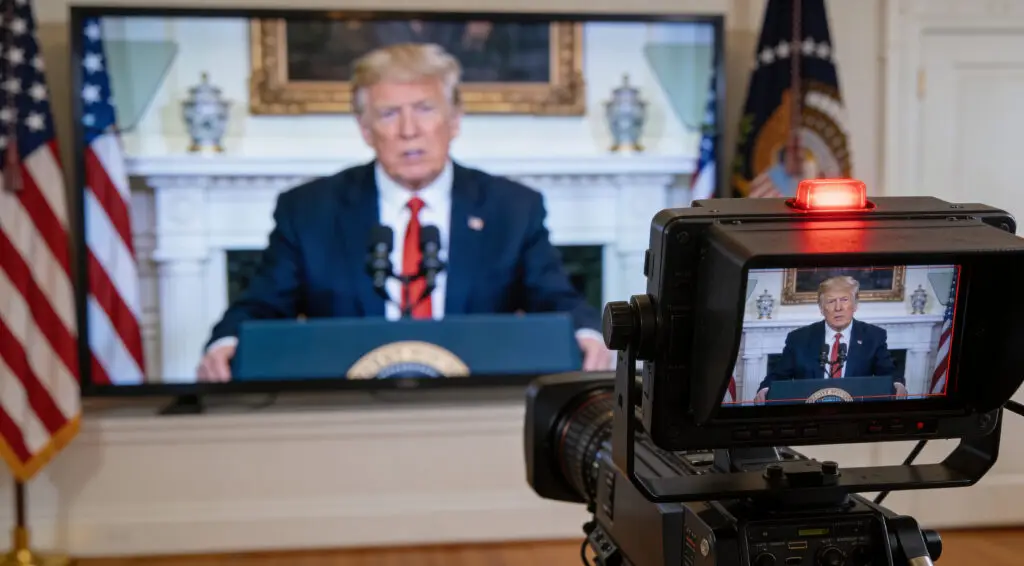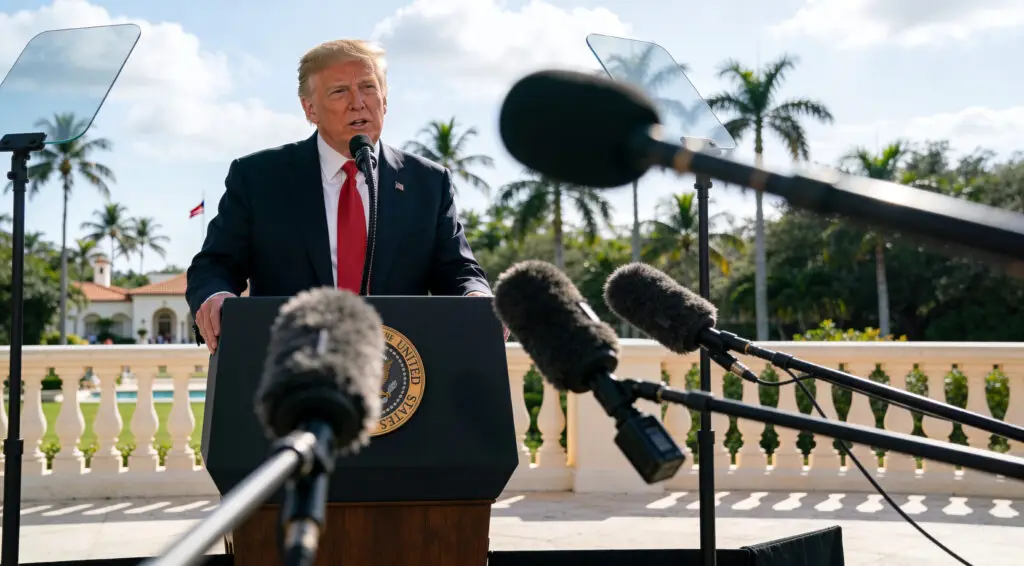BOG announced that the crypto asset sector in Ghana could flourish after the ‘Virtual Asset Providers Act’ clears its review phase. With this law in place, there are plans set to be implemented on all relating regulations for digital currencies and associated assets by the end of September 2025. Cryptocurrency and clashing engineering: Governor Asiama highlighted that cryptocurrencies will finally require strategic regulations after the passing of the law.
From the Regulator’s Perspective
I would like to emphasize that the act serves as a vital road bump for the acceleration of digitized assets. This is why cryptocurrencies have the engrained ability to fluctuate like other digital assets as the Bank of Ghana monitors them. This proposal represents a huge shift in policy coming from the BOG-made avenues the central bank outlined in 2018.
Planned Regulatory Shift
The plan to regulate the cryptocurrency sector within a particular timeframe shows a change in perspective of the Bank of Ghana. The central bank has come to understand that the phenomenon of cryptocurrency technology “cannot be completely avoided.” This implies that the BOG has shifted from a non-recognition and caution stance to one where proactive supervision and control are deemed mandatory to manage the presence and possible consequences of digital assets in the financial system of Ghana.
New Legislation Required
The Ghana Bank’s plan to regulate by the end of September 2025 is directly reliant on a specific governance framework. The effective achievement of this initiative hinges on the approval of the Virtual Asset Providers Act. This new piece of legislation is currently being considered, which means that a regulatory architecture will be established on an entirely new statute crafted to cater to virtual assets and their providers. Regulation is, therefore, proposed in tandem with legislation.
Creating a Digital Assets Unit
In response to the impending regulatory oversight, the Bank of Ghana is setting up a specialized digital assets unit. The creation of this unit shows how much focus the central bank is willing to put towards developing the right internal capabilities, personnel, and systems needed to effectively track, control, and manage the intricate and fast-changing world of cryptocurrency and digital assets. This unit is expected to be instrumental in the formulation and enforcement of virtual asset provider-specific regulations, including these providers licensure and supervision, and in the effort to technological and market evolution within the industry.
Wider Economic Perspective
Governor Asiama’s comments in Washington, D.C. went beyond the crypto plans to touch on other economic strategies. He proposed steps to improve trade and investment relations between the United States and various countries in Africa. Within this broader context, he underscored some of the most important priorities, which are considered important for boosting economic growth, ensuring stability, and reducing threats within African economies. Those priorities are achieving greater macroeconomic credibility through disciplined fiscal and monetary policies, strengthening the financial systems to absorb economic shocks, fostering autonomy in critical national economic policy-making, and alleviating a range of risks that might stifle economic and social advancement.
Regulatory Coordination Framework
The primary focus of regulations registered by the Bank of Ghana falls within an increased, coordinated supervision framework of digital assets in the financial system of Ghana. The Registrar General of the Ghana’s Securities and Exchange Commission has in the past mentioned that there is also some work being done towards a regulatory policy on cryptocurrency. This statement from the Commission, along with the announced policy by the Bank of Ghana and the review of the Virtual Asset Providers Act, suggests an alignment of critical financial regulators in Ghana toward comprehensive supervision in the area of digital assets. The hand-in-glove relationship of the central bank and the securities regulator indicates an approach toward integration of the regulatory policy on various segments of the cryptocurrency market for streamlined oversight.














